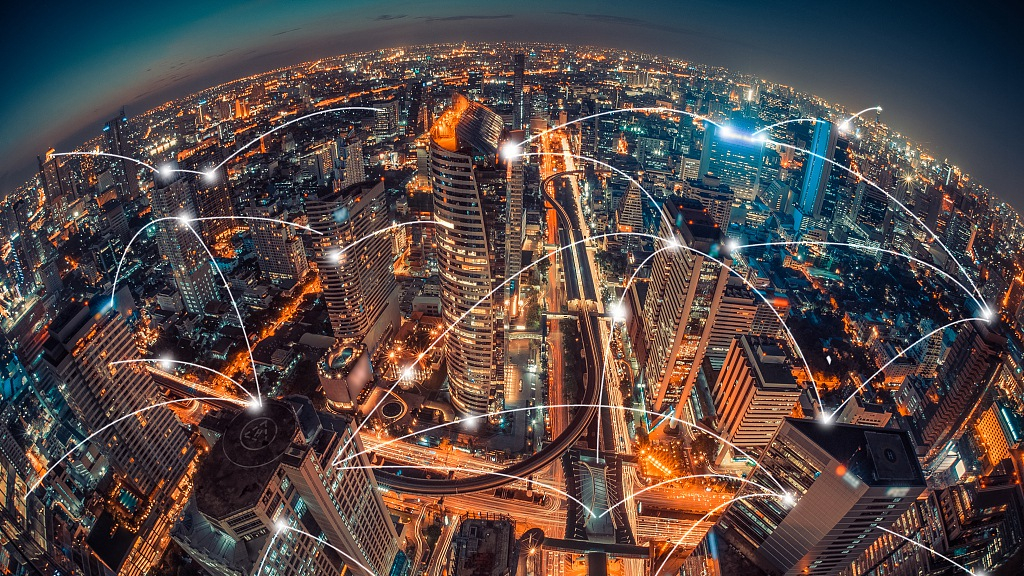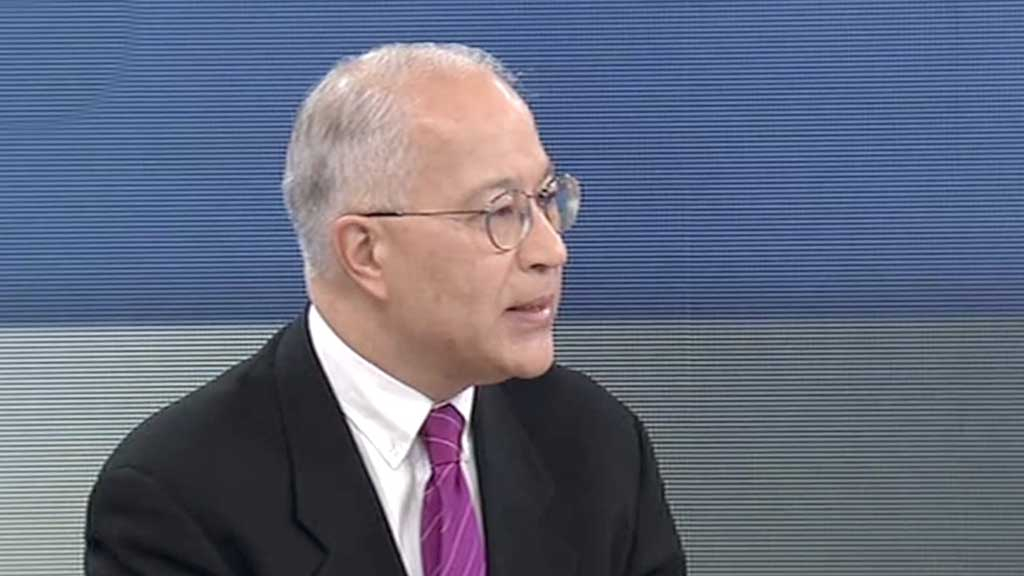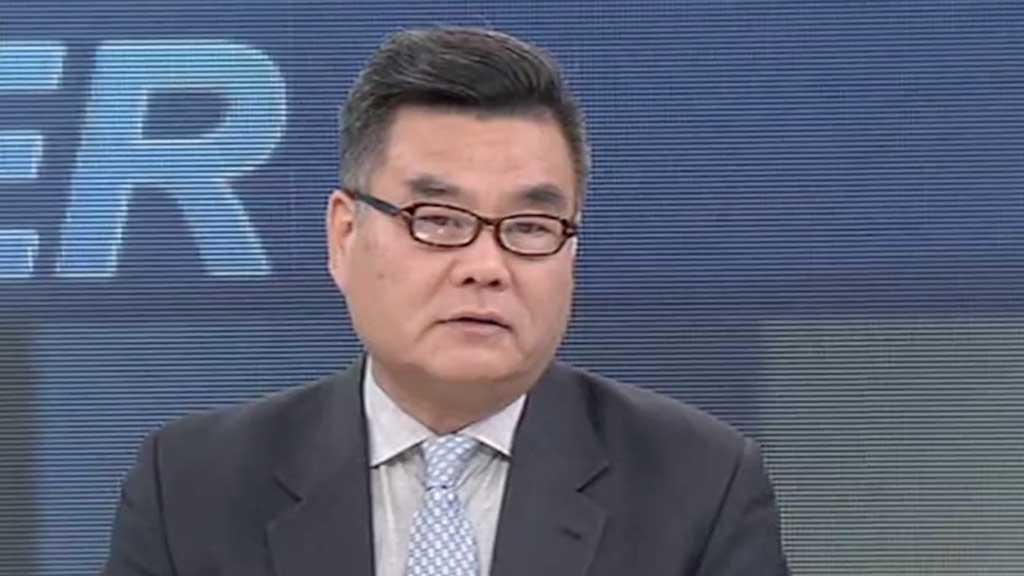
TV Show
22:52, 23-Feb-2019
Is there turbulence in the world order?
Dialogue with Yang Rui

The world is at a crossroads for unilateralism and multilateralism, confrontation and dialogue, closure and openness. As the global governance system faces challenges, uncertainties and turbulence due to the U.S. receding from its leadership, conflicts of interest are inevitable.
In a year and a half, with an “America First” strategy, the U.S. has become preoccupied with pursuing its own interests at the expense of other countries, including its allies, arousing anger.
As a result, the world is now facing what we call “de-globalization.” However, Cui Hongjian, director of the Department for European Studies at the China Institute of International Studies, does not agree that the world is in the midst of globalization.
He believes that, in terms of globalization, we only mean that the world is moving toward globalization economically, but not politically. “Logically speaking, globalization means countries without borders, and the disappearance of borders will be the very big symbolic appearance of economic globalization."
01:47

Now, instead of reducing boundaries, nearly every country is trying its best to strengthen its borders. For instance, Trump is using his executive powers to declare a national emergency in order to raise funds to build a wall between the U.S. and Mexico.
Such actions will cause other countries to strengthen their own borders in response, negatively impacting globalization.
Einar Tangen, a current affairs commentator, agreed that globalization helps the world economically, with global GDP increasing fourfold from 20 trillion U.S. dollars all the way up to 80 trillion dollars, while the CPI has increased five times.
But now the U.S. wants to rewrite the world order just because “other people who are doing well are not going to sit well with the rest of the nations.”
01:26

When it comes to China, however, a huge beneficiary of globalization, the country wants to reform but not upend the current world order. With the Belt and Road Initiative (BRI), China is strengthening its connection with the rest of the world, even though it may find it a bit difficult to make its vision compatible with the diverse regulations of other countries. So far, the direction of the BRI is very reasonable.
01:23

Mark Sleboda, a Moscow-based international and security analyst, agrees that the world is in transition. Now it is moving from an American-led world to a multi-polar one with the emergence of new powers like China and India. So the U.S. may not like what is happening in the world, but can't stop it.
(If you want to contribute and have specific expertise, please contact us at opinions@cgtn.com.)

SITEMAP
Copyright © 2018 CGTN. Beijing ICP prepared NO.16065310-3
Copyright © 2018 CGTN. Beijing ICP prepared NO.16065310-3